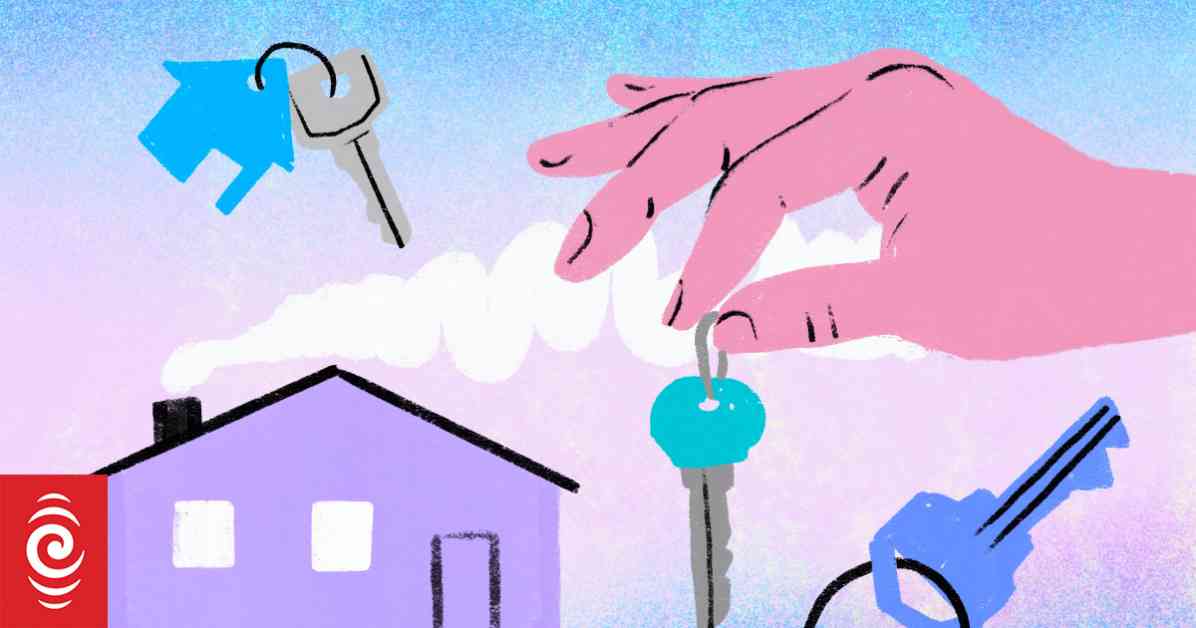Challenges Faced by LGBTIQ+ Renters in Uninhabitable Housing: Research Findings
Renters who identify as takatāpui/LGBTIQ+ are silently enduring unbearable living conditions in fear of repercussions, according to a recent study by public health researcher Dr. Brodie Fraser from the University of Otago’s Department of Public Health. The research sheds light on the alarming disparities faced by LGBTIQ+ individuals in the rental market, highlighting the urgent need for systemic changes to ensure safe and equitable housing for all.
Disproportionate Impact on LGBTIQ+ Community
Dr. Fraser’s findings reveal that LGBTIQ+ individuals are significantly overrepresented among those experiencing homelessness on a global scale, making up 20 to 40 percent of this demographic despite comprising only 5 to 10 percent of the general population. This disparity underscores the systemic challenges facing the LGBTIQ+ community, with many individuals resorting to desperate measures to avoid homelessness, including enduring deplorable living conditions in silence.
Hidden Struggles of Trans Renters
Among the marginalized groups within the LGBTIQ+ community, trans individuals face unique and heightened challenges in the rental market. Dr. Fraser notes that while some queer individuals may conceal their sexual orientation to navigate housing discrimination, trans individuals often face overt transphobia from landlords and property managers. The visibility of their gender identity can lead to immediate dismissal and discrimination, exacerbating their housing insecurity and limiting their access to safe and affirming living spaces.
Personal Stories of Struggle
In their research, Dr. Fraser spoke to 20 individuals across the country who shared harrowing accounts of housing instability and discrimination. Stories of property managers questioning the suitability of queer tenants based on their sexual orientation, evictions due to gender identity, and even instances of sexual assault by landlords and boarding house managers paint a grim picture of the challenges faced by LGBTIQ+ renters in New Zealand. These narratives underscore the urgent need for policy changes to protect the rights and dignity of all renters, regardless of their gender identity or sexual orientation.
Call for Policy Reforms
Dr. Fraser emphasizes that housing should be recognized as a fundamental human right, calling for greater enforcement of Healthy Homes Standards and improvements to the Tenancy Tribunal process to address power imbalances between landlords and renters. By advocating for policy reforms that protect the rights of LGBTIQ+ renters, Dr. Fraser believes that these changes will benefit all renters and promote safer, more inclusive housing practices across the board.
Future Data Concerns
Looking ahead, Dr. Fraser raises concerns about the impact of changes to the census on gathering crucial data on the LGBTIQ+ community and individuals experiencing homelessness. While the upcoming 2023 census presents an opportunity to capture vital information on these populations, the shift towards an “admin data first” approach in 2028 raises questions about the continuity and reliability of data collection in the future. As we navigate these changes, it is essential to prioritize the voices and experiences of marginalized communities to inform policies that promote equity and social justice for all.

















